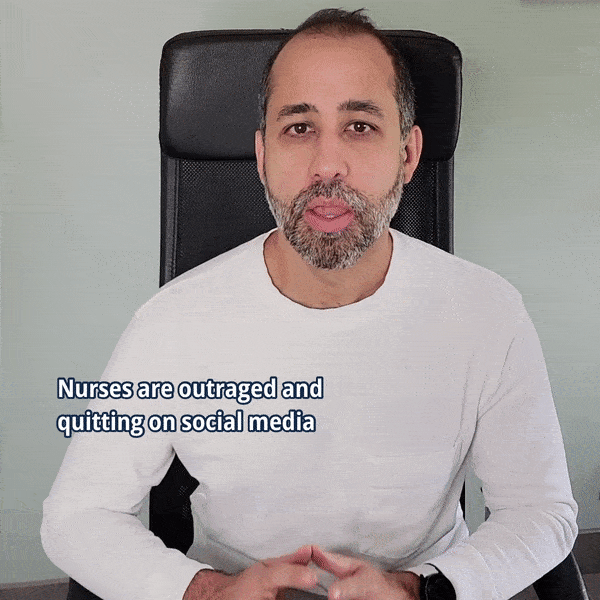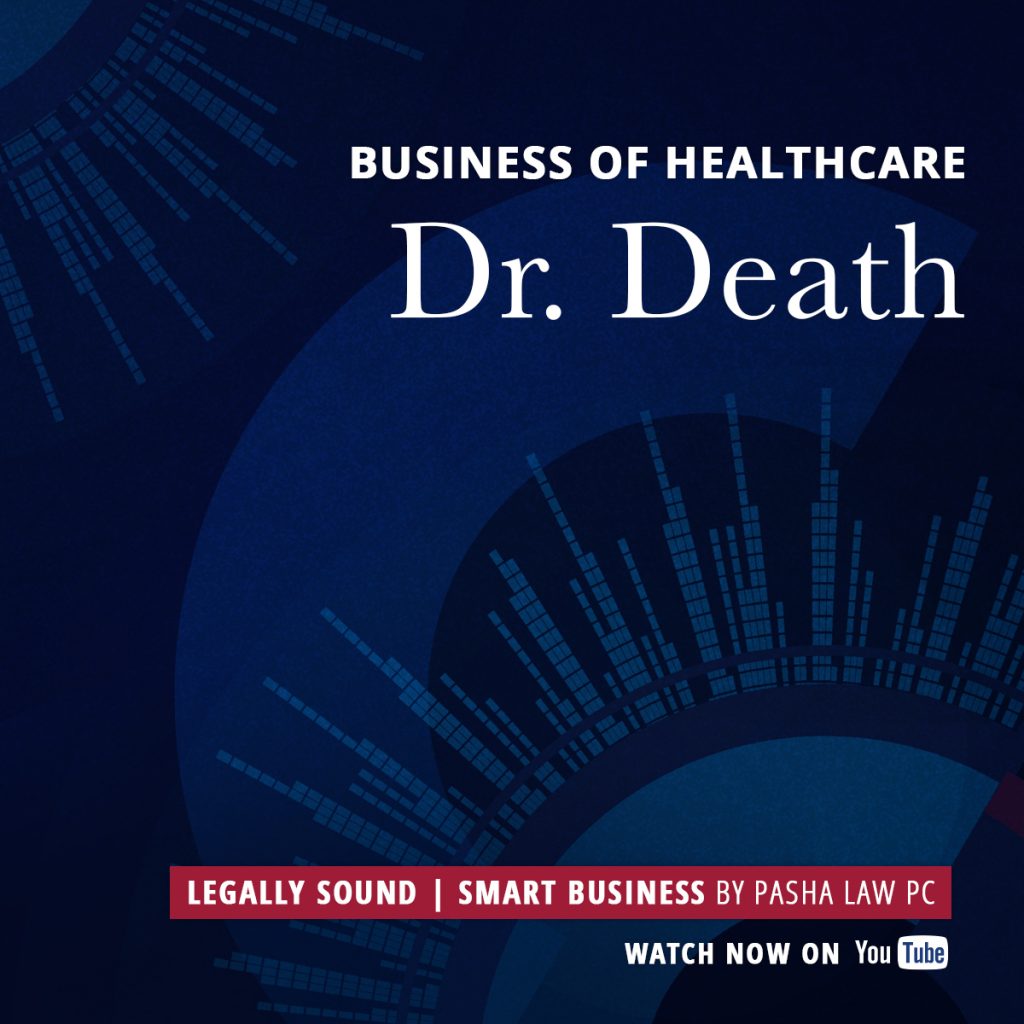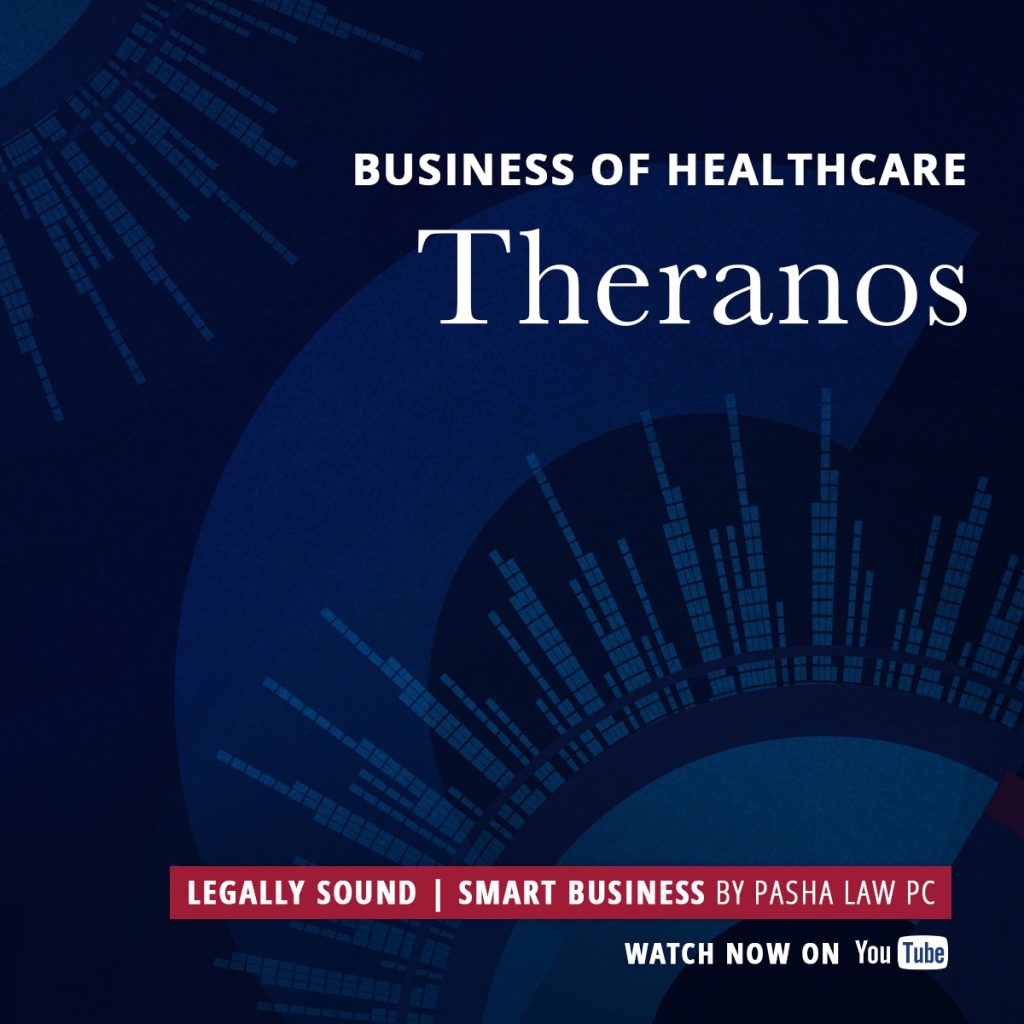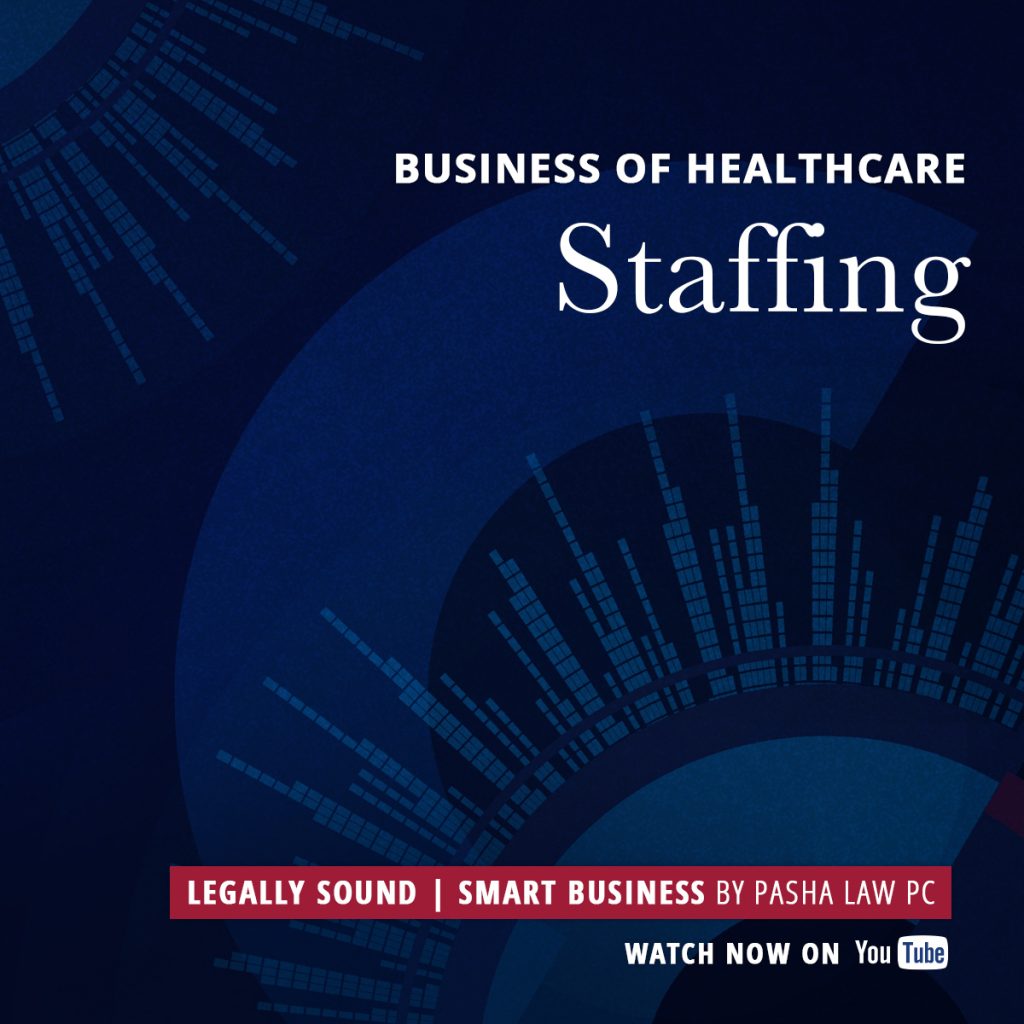Warning for those of you considering throwing some kickbacks towards potential vendors, you might want to consider this news first:
Warner Chilcott has been order to pay $125 million in their healthcare fraud case as the result of the company pleading guilty to illegally advertising their drugs by offering kickbacks to doctors in order to have said doctors prescribe Warner Chilcott drugs.
Who Is Warner Chilcott?
I have included the history for you here because I think it is helpful to know a little bit about the players before reading the case. However, if you already know – or just don’t feel the need to know – then please feel free to skip ahead.
To find out a little bit about Warner Chilcott, look no further than (well, first here, but then…) Wikipedia – the source for all the best information.
Warner Chilcott is a pharmaceutical company based out of New Jersey, though it has locations around the world. In 2010, it moved its headquarters to Dublin, Ireland.
Its areas of concentration in the healthcare field include women’s health and dermatology.
The company has gone through a few mergers, as has been the case for many pharmaceutical companies.
- The company started out as Galen in 1968.
- Galen bought a small company called Warner Chilcott in 2000.
- In 2004, Galen decided to adopt the name of their acquired company, and they became Warner Chilcott.
- In 2009, the company closed a deal to acquire Proctor & Gamble’s prescription-drug business.
- In 2013, Actavis announced that they had entered an agreement with the company to acquire Warner Chilcott in a billion dollar, stock-for-stock transaction. They then changed the name of the company to Allegran.
One of the big drugs the company markets, which you most likely have heard of, is Sarafem, aka Prozac. Prozac is owned by Eli Lily & Company.
A History of the Accused
Ok. Now that we know who Warner Chilcott is, let us move on to what they did and/or have been accused of doing.
From the years 2009-2013, Warner Chilcott is said to have been participating in illegal promotion of their own drugs. (Notice that the dates are important in relation to the company’s history as stated above. At least it is to the reputation of parent company Actavis. This is all alleged to have happened before Actavis acquired Warner Chilcott and turned it into Allegran).
They performed this illegal action by offering kickbacks in the form of meals, payments, and other forms of remuneration to doctors in an effort to get the doctors to prescribe Warner Chilcott drugs to their patients.
After an investigation of the company on these charges, last October, a former Warner Chilcott executive, Carl Reichel, was arrested.
Reichel faces charges of conspiracy to violate the federal anti-kickback law. Maximum jail time for a guilty verdict of this crime is five years in prison. He denies the verdict.
The arrest of Reichel is a bid deal for those dedicated to getting fraud out of the pharmaceutical world because companies have been paying big settlements for similar crimes, but it does not appear to do much in the way of deterrent.
Proponents of finding criminal convictions think that this will do more to stop crime of this nature than does million dollar settlements alone. Several other former employees have been charged or found guilty of similar crimes.
The investigation all started at the hands of two employees who acted as whistleblowers. The whistleblowers are set to receive a large chunk of money for willingly risking their career in the name of justice.
(Think somewhere in the neighborhood of $20+ million if you want to know what I mean by ‘large chunk of money.’)
The Lawsuit
At the same time that criminal charges were being made against the company, civil charges were made as well. In October, the company pled guilty to the charges and awaited sentencing.
The Verdict
Last Friday, the company finally got the verdict: they must pay $125 million in damages to wrap up both the criminal and civil charges that relate to the case.
What Is the Anti-Kickback Law?
All of this brings up a question: what exactly is the law that Warner Chilcott is said to have broken?
In 42 U.S. Code § 1320a–7b, we see a law dictating the criminal penalties a company (or individual) would get for certain actions involving Federal health care programs.
The law basically says the following:
- You cannot knowingly or willfully misrepresent statements about a benefit or payment under a Federal health care plan.
- You cannot knowingly or willfully misrepresent statements used to determine a right to a benefit or payment.
- You cannot make other, similar misleading or false statements.
If you do, then you could be charged with a felony and have to pay up to $25,000 or face five years in jail (or both). Or you could be charged with a misdemeanor and be required to pay up to $10,000 or face up to one year in jail (or both).
All of the above is only Part A, though (and only a very, very simplified version of Part A, at that.)
Part B is what we are really interested in for this case.
Part B states that anyone who receives, solicits, gives, or offers any remuneration including a kickback, bribe, or rebate that does not meet one of the acceptable exceptions, will also have committed a felony for which that $25,00 fine, five year jail sentence, or combo could be found.
(Note that these are per violation, which is why total settlements are way higher than $25,000 in many of the cases that we will talk about today.)
The statute says this applies at the offering or receiving of the kickback whether it is done “directly or indirectly, overtly or covertly.” In other words, it does not matter how you do it, if it is not one of the allowed methods, you cannot offer money or any other type of bride in order to get a doctor to prescribe your medicine to his or her patients.
Speaking of times when this is allowed, though, let’s talk a little bit about those exceptions.
It is not considered a kickback or bribe, and is therefore legal, to do any of the following:
- The discount or reduction in price is “properly disclosed and appropriately reflected” in the overall cost breakdown.
- Money legally paid and owed to an employee for employment purposes.
- A discount in the price of an applicable drug given to an applicable party under the law.
There are a few more that you can see in the statute, but I think that the above give you a good idea as to what constitutes a bribe or kickback and what does not.
There is also Part C, dealing with admission of patients. However, it does not have to do with this story, so I won’t talk about it other than to tell you that if this law applies to you, then you might want to take a look and make sure you are following it.
A History of Pharmaceutical Violations
As I stated above, while Warner Chilcott is one of the first big pharma companies to have an executive arrested under this statute, they are far from the first to be fined under it.
Pharma companies have reached settlements on several occasions for their alleged attempts at bribes and kickbacks.
In fact, settlements are such a part of the pharmaceutical world, that there is an entire Wikipedia article dedicated just to them. More specifically, it is dedicated to only the 20 largest settlements (and notice that the lowest settlement on the list is still $345 million. So these are some very large dollar amounts). There are still a ton of other settlements out there that do not make this list.
If you look at the page, take a look at how many times you see “off-label promotions” or kickbacks on the list. The results are striking.
Here are some of the big offenders:
- In 2012, GlaxoSmithKline faced a combination of both civil and criminal charges equating to a $3 billion (yes, I meant that b) settlement. While the case was a combination of several violations, offering kickbacks made the list.
- Pfizer reached a $2.3 billion settlement for off-label promotions and kickbacks in 2009.
- Johnson & Johnson also reached a $2.2 billion settlement for the same in 2013.
- Then you have Serono, which settled at $704 million in 2005. Along with the kickback charges, they also settled some monopoly charges in this case.
- Finally, in 2008, Merk settled for $650 million on charges of Medicare fraud and kickbacks.
What this tells you is that this is a big problem in the pharma world. That is why so many people are worried that fines alone are not doing the job and want to make sure more jail sentences are given.
This means that if you are in the healthcare world, you need to make sure that you are in compliance with this statute. Not only might you lose a lot of money for ignoring it, but you might face some jail time as well.
Final Thoughts for You
The lesson here should be pretty obvious: don’t commit fraud, don’t offer illegal kickbacks, and don’t illegally advertise your products. In fact, just follow the laws that apply to you.
If you are not sure what the law is or what it means for your company, ask legal counsel. It might be tempting to see what you can get away with, but it isn’t worth it. After all, can you afford $125 million (or whatever number a court comes up with for you) or jail time?







![Business of Healthcare [e316]](https://www.pashalaw.com/wp-content/uploads/2021/11/Pasha_LSSB_BusinessofHealthcare_banner-1024x723.jpg)




![Law in the Digital Age: Exploring the Legal Intricacies of Artificial Intelligence [e323]](https://www.pashalaw.com/wp-content/uploads/2023/11/WhatsApp-Image-2023-11-21-at-13.24.49_4a326c9e-300x212.jpg)
![Unraveling the Workforce: Navigating the Aftermath of Mass Layoffs [e322]](https://www.pashalaw.com/wp-content/uploads/2023/07/Untitled-design-23-300x212.png)
![Return to the Office vs. Remote: What Can Employers Legally Enforce? [e321]](https://www.pashalaw.com/wp-content/uploads/2023/01/Pasha_LSSB_321_banner-300x212.jpg)
![Explaining the Hans Niemann Chess Lawsuit v. Magnus Carlsen [e320]](https://www.pashalaw.com/wp-content/uploads/2022/10/LAWYER-EXPLAINS-7-300x169.png)
![California v. Texas: Which is Better for Business? [313]](https://www.pashalaw.com/wp-content/uploads/2021/07/Pasha_LSSB_CaliforniaVSTexas-300x212.jpg)
![Buyers vs. Sellers: Negotiating Mergers & Acquisitions [e319]](https://www.pashalaw.com/wp-content/uploads/2022/06/Pasha_LSSB_BuyersVsSellers_banner-300x212.jpg)
![Employers vs. Employees: When Are Employment Restrictions Fair? [e318]](https://www.pashalaw.com/wp-content/uploads/2022/05/Pasha_LSSB_EmployeesVsEmployers_banner-1-300x212.jpg)
![Vaccine Mandates Supreme Court Rulings [E317]](https://www.pashalaw.com/wp-content/uploads/2022/02/WhatsApp-Image-2022-02-11-at-4.10.32-PM-300x212.jpeg)
![Business of Healthcare [e316]](https://www.pashalaw.com/wp-content/uploads/2021/11/Pasha_LSSB_BusinessofHealthcare_banner-300x212.jpg)
![Social Media and the Law [e315]](https://www.pashalaw.com/wp-content/uploads/2021/10/WhatsApp-Image-2021-10-06-at-1.43.08-PM-300x212.jpeg)
![Defining NDA Boundaries: When does it go too far? [e314]](https://www.pashalaw.com/wp-content/uploads/2021/09/Pasha_LSSB_NDA_WordPress-2-300x212.jpg)
![More Than a Mistake: Business Blunders to Avoid [312] Top Five Business Blunders](https://www.pashalaw.com/wp-content/uploads/2021/06/Pasha_LSSB_Blunders_WP-1-300x212.jpg)
![Is There a Right Way to Fire an Employee? We Ask the Experts [311]](https://www.pashalaw.com/wp-content/uploads/2021/02/Pasha_LSSB_FireAnEmployee_Website-300x200.jpg)
![The New Frontier: Navigating Business Law During a Pandemic [310]](https://www.pashalaw.com/wp-content/uploads/2020/12/Pasha_LSSB_Epidsode308_Covid_Web-1-300x200.jpg)
![Wrap Up | Behind the Buy [8/8] [309]](https://www.pashalaw.com/wp-content/uploads/2020/11/Pasha_BehindTheBuy_Episode8-300x200.jpg)
![Is it all over? | Behind the Buy [7/8] [308]](https://www.pashalaw.com/wp-content/uploads/2020/09/iStock-1153248856-overlay-scaled-300x200.jpg)
![Fight for Your [Trademark] Rights | Behind the Buy [6/8] [307]](https://www.pashalaw.com/wp-content/uploads/2020/07/Fight-for-your-trademark-right-300x200.jpg)
![They Let It Slip | Behind the Buy [5/8] [306]](https://www.pashalaw.com/wp-content/uploads/2020/06/Behind-the-buy-they-let-it-slip-300x200.jpg)
![Mo’ Investigation Mo’ Problems | Behind the Buy [4/8] [305]](https://www.pashalaw.com/wp-content/uploads/2020/05/interrobang-1-scaled-300x200.jpg)
![Broker or Joker | Behind the Buy [3/8] [304] Behind the buy - Broker or Joker](https://www.pashalaw.com/wp-content/uploads/2020/04/Joker-or-Broker-1-300x185.jpg)
![Intentions Are Nothing Without a Signature | Behind the Buy [2/8] [303]](https://www.pashalaw.com/wp-content/uploads/2020/04/intentions-are-nothing-without-a-signature-300x185.jpg)
![From First Steps to Final Signatures | Behind the Buy [1/8] [302]](https://www.pashalaw.com/wp-content/uploads/2020/04/first-steps-to-final-signatures-300x185.jpg)
![The Dark-side of GrubHub’s (and others’) Relationship with Restaurants [e301]](https://www.pashalaw.com/wp-content/uploads/2015/04/When-Competition-Goes-Too-Far-Ice-Cream-Truck-Edition-300x201.jpg)
![Ultimate Legal Breakdown of Internet Law & the Subscription Business Model [e300]](https://www.pashalaw.com/wp-content/uploads/2019/05/Ultimate-Legal-Breakdown-of-Internet-Law-the-Subscription-Business-Model-300x196.jpg)
![Why the Business Buying Process is Like a Wedding?: A Legal Guide [e299]](https://www.pashalaw.com/wp-content/uploads/2019/03/futura-300x169.jpg)
![Will Crowdfunding and General Solicitation Change How Companies Raise Capital? [e298]](https://www.pashalaw.com/wp-content/uploads/2018/11/Will-Crowdfunding-and-General-Solicitation-Change-How-Companies-Raise-Capital-300x159.jpg)
![Pirates, Pilots, and Passwords: Flight Sim Labs Navigates Legal Issues (w/ Marc Hoag as Guest) [e297]](https://www.pashalaw.com/wp-content/uploads/2018/07/flight-sim-labs-300x159.jpg)
![Facebook, Zuckerberg, and the Data Privacy Dilemma [e296] User data, data breach photo by Pete Souza)](https://www.pashalaw.com/wp-content/uploads/2018/04/data-300x159.jpg)
![What To Do When Your Business Is Raided By ICE [e295] I.C.E Raids business](https://www.pashalaw.com/wp-content/uploads/2018/02/ice-cover-300x159.jpg)
![General Contractors & Subcontractors in California – What you need to know [e294]](https://www.pashalaw.com/wp-content/uploads/2018/01/iStock-666960952-300x200.jpg)
![Mattress Giants v. Sleepoplis: The War On Getting You To Bed [e293]](https://www.pashalaw.com/wp-content/uploads/2017/12/sleepopolis-300x159.jpg)
![The Harassment Watershed [e292]](https://www.pashalaw.com/wp-content/uploads/2017/12/me-2-300x219.jpg)
![Investing and Immigrating to the United States: The EB-5 Green Card [e291]](https://www.pashalaw.com/wp-content/uploads/2012/12/eb-5-investment-visa-program-300x159.jpg)
![Responding to a Government Requests (Inquiries, Warrants, etc.) [e290] How to respond to government requests, inquiries, warrants and investigation](https://www.pashalaw.com/wp-content/uploads/2017/10/iStock_57303576_LARGE-300x200.jpg)
![Ultimate Legal Breakdown: Employee Dress Codes [e289]](https://www.pashalaw.com/wp-content/uploads/2017/08/Ultimate-Legal-Breakdown-Template-1-300x159.jpg)
![Ultimate Legal Breakdown: Negative Online Reviews [e288]](https://www.pashalaw.com/wp-content/uploads/2017/06/Ultimate-Legal-Breakdown-Online-Reviews-1-300x159.jpg)
![Ultimate Legal Breakdown: Social Media Marketing [e287]](https://www.pashalaw.com/wp-content/uploads/2017/06/ultimate-legal-breakdown-social-media-marketing-blur-300x159.jpg)
![Ultimate Legal Breakdown: Subscription Box Businesses [e286]](https://www.pashalaw.com/wp-content/uploads/2017/03/ultimate-legal-breakdown-subscription-box-services-pasha-law-2-300x159.jpg)
![Can Companies Protect Against Foreseeable Misuse of Apps [e285]](https://www.pashalaw.com/wp-content/uploads/2017/01/iStock-505291242-300x176.jpg)
![When Using Celebrity Deaths for Brand Promotion Crosses the Line [e284]](https://www.pashalaw.com/wp-content/uploads/2017/01/celbrity-300x159.png)
![Are Employers Liable When Employees Are Accused of Racism? [e283] Racist Employee](https://www.pashalaw.com/wp-content/uploads/2016/12/Are-employers-liable-when-an-employees-are-accused-of-racism-300x159.jpg)
![How Businesses Should Handle Unpaid Bills from Clients [e282] What to do when a client won't pay.](https://www.pashalaw.com/wp-content/uploads/2016/12/How-Businesses-Should-Handle-Unpaid-Bills-to-Clients-300x159.png)
![Can Employers Implement English Only Policies Without Discriminating? [e281]](https://www.pashalaw.com/wp-content/uploads/2016/11/Can-Employers-Impliment-English-Only-Policies-Without-Discriminating-300x159.jpg)
![Why You May No Longer See Actors’ Ages on Their IMDB Page [e280]](https://www.pashalaw.com/wp-content/uploads/2016/10/IMDB-AGE2-300x159.jpg)
![Airbnb’s Discrimination Problem and How Businesses Can Relate [e279]](https://www.pashalaw.com/wp-content/uploads/2016/09/airbnb-300x159.jpg)
![What To Do When Your Amazon Account Gets Suspended [e278]](https://www.pashalaw.com/wp-content/uploads/2016/09/What-To-Do-When-Your-Amazon-Account-Gets-Suspended-1-300x200.jpg)
![How Independent Artists Reacted to Fashion Mogul Zara’s Alleged Infringement [e277]](https://www.pashalaw.com/wp-content/uploads/2016/08/How-Independent-Artists-Reacted-to-Fashion-Mogul-Zaras-Alleged-Infringement--300x159.jpg)
![Can Brave’s Ad Replacing Software Defeat Newspapers and Copyright Law? [e276]](https://www.pashalaw.com/wp-content/uploads/2016/08/Can-Braves-Ad-Replacing-Software-Defeat-Newspapers-and-Copyright-Law-300x159.jpg)
![Why The Roger Ailes Sexual Harassment Lawsuit Is Far From Normal [e275]](https://www.pashalaw.com/wp-content/uploads/2016/07/WHY-THE-ROGER-AILES-SEXUAL-HARASSMENT-LAWSUIT-IS-FAR-FROM-NORMAL-300x159.jpeg)
![How Starbucks Turned Coveted Employer to Employee Complaints [e274]](https://www.pashalaw.com/wp-content/uploads/2016/07/iStock_54169990_LARGE-300x210.jpg)
